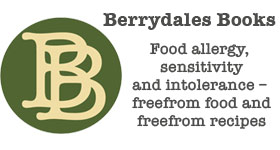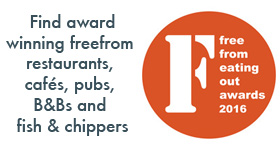|
|
Under the tongue immunotherapy as effective for milk allergy as 'by mouth' immunotherapy |
A new trial led by Dr Robert Wood, director of Allergy & Immunology at John Hopkins Children's Center suggests that SLIT (under the tongue immunotherapy) may be as effective, and safer, than the oral immunotherapy (drinking tiny amounts of milk) which an earlier trial had showed to be effective for children with milk allergy. In the study, all 30 children from 6 to 17 were treated with milk drops under the tongue (SLIT) for several weeks until they built up their tolerance. Once minimum tolerance was achieved, the children were divided into two groups. Ten children continued their SLIT treatment while the other 20 consumed milk powder by mouth. After three months of treatment with increasingly higher doses of milk protein, all children underwent a food challenge, which involved drinking milk under a doctor's supervision. Courtesy of Science Daily First published March 2010
More research on the management of cow's milk allergy
|













